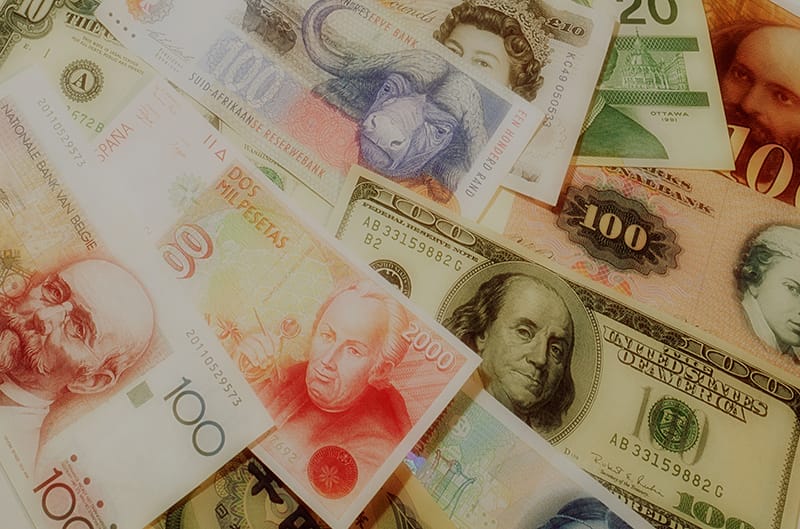Want to buy a hot public small or medium-sized enterprise (SME) somewhere outside the United States? Guess what? You now have over 30 international over-the-counter (OTC) markets to choose from, and that number is still growing.
Two observations brought my attention to this global opportunity around SMEs.
My first observation is the worldwide use of the abbreviation “SME,” and the second is the growth of OTC markets.
Recently, I was invited to speak at a seminar in China, titled “The First Innovation and Capital Market Seminar of China’s High Growth SMEs in 2016,” about how SMEs can access capital in the U.S.
The first surprise I received when I arrived was a big sign in Chinese that used the English abbreviation “SME,” which is now a recognized worldwide. It goes beyond the letters however. International governments the world over also recognize that SMEs create most of the new jobs in all countries, not just the U.S.
My second surprise was the talk by a Bank of China representative who admitted the bank knew the value of SMEs but had no system or infrastructure to help finance them.
My second observation happened a few days after the seminar when I met representatives of a high-growth Chinese technology firm. The company, I was told, wanted to go public on the American OTC exchange. After a long presentation about the advantages of the American OTC market, someone at the meeting said, “That might be true, but we (China) now have our own OTC market.” To my surprise, I learned that the NEEQ, China’s first real OTC market, started four months ago and is up and running.
What does all this mean? It means U.S. firms have to be prepared when doing business with overseas companies. They will not only be dealing with the major brand-name firms, but also a host of new high-growth local SMEs that might be very willing and anxious to do business with them.
It also means that for ambitious investment bankers who want to do business internationally, there is a whole new market of clients who will need capital.


























